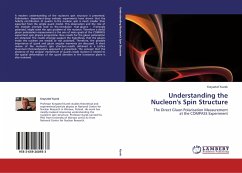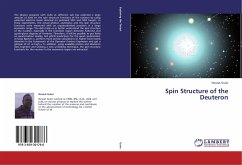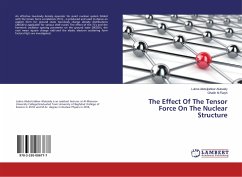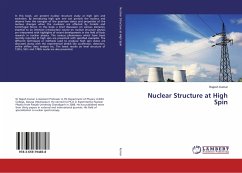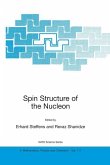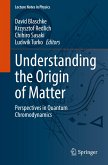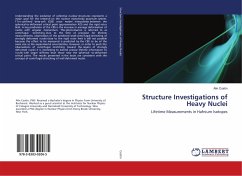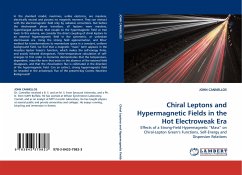A modern understanding of the nucleon's spin structure is presented. Polarisation dependent deep inelastic experiments have shown that the helicity contribution of quarks to the nucleon spin is much smaller than expected from the simple quark model. This observation and the role of the triangle anomaly lead to the conclusion that gluons - if strongly polarised, might solve the spin problem of the nucleon. Therefore a direct gluon polarisation measurement is the one of main goals of the COMPASS experiment spin physics programme. New results for the gluon polarisation are obtained. The results strongly support the hypothesis, that the gluons inside the nucleon are weakly or not polarised. Therefore, the possible importance of quark and gluon angular momenta are discussed. A short review of the nucleon's spin structure results obtained in a Lattice Quantum Chromodynamics approach is presented. The concept that the presence of the angular momentum of quarks inside nucleon is related to the spatial deformation of the quark densities in the transverse plane is also reviewed.
Bitte wählen Sie Ihr Anliegen aus.
Rechnungen
Retourenschein anfordern
Bestellstatus
Storno

